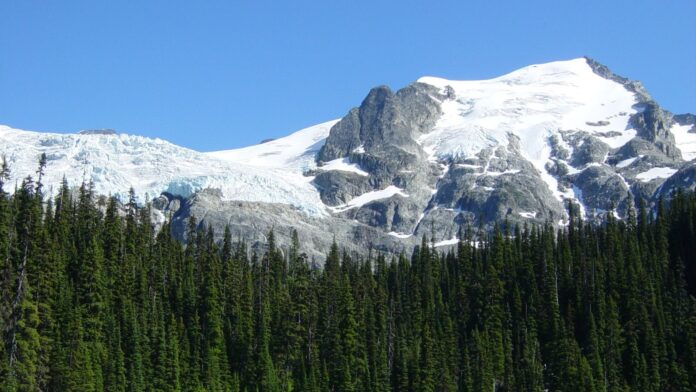Two First Nations say British Columbia’s one-month closure of Joffre Lakes Provincial Park to allow for cultural practices is too short and is “a violation of trust.”
The Líl̓wat Nation and N’Quatqua said in a statement the park’s closure from Sept. 2 to Oct. 3 is just a fraction of the schedule requested by the Nations.
The park, known as Pipi7íyekw in the St̓atímcets language, is about 35 kilometres east of Pemberton.
BC Parks describes the area as home to turquoise lakes, jagged mountain peaks, icefields and streams.
Day-use passes are required to limit the number of daily visitors and their impact on the land.
The First Nations said they had requested the park be closed to recreational visitors from Aug. 22 to Oct. 23, to allow for community members to conduct ceremonies, gather food and medicines, and allow the land to recover from overuse.
They called the move “yet another unilateral decision that ignores our governance, our laws, and our rights.”
“Our Nations continue to face ongoing pressure to shorten our time and access to our own territories, while the province prioritizes recreational use by visitors,” said the First Nations. “This is not an equal relationship.”
The province announced the closure dates on Tuesday.
“The Province acknowledges the Nations had requested additional closure dates,” said the Ministry of Environment and Parks in a statement. “After careful consideration, B.C. has confirmed a schedule that balances cultural practices, conservation goals and public access to the park.”
It said the number of total closure days is consistent with last year, adding the dates also ensure the public has access to the park over the Labour Day long weekend.
The First Nations said the length of time won’t be enough for them to assess the effects of visitor overuse on the land.
B.C. has been working with the First Nations to collaboratively manage the park area since 2018, including developing a joint strategy to reduce visitor impact on the environment.
The province said it reached an agreement with the Nations last year for three temporary closures annually.
It said the first closure this year was from April 25 until May 16, with the expectation there would be more closures later in the year.
Last year, the park was closed for a total of 71 days, including from Sept. 3 to Oct. 6th.
The First Nations want the province to retract their announcement and engage with them “in good faith.”
“These are not requests for privilege, but the exercise of inherent rights and responsibilities to care for the land and ensure the wellness of our people,” they said.
Something going on in the Cariboo you think people should know about?
Send us a news tip by emailing [email protected].










